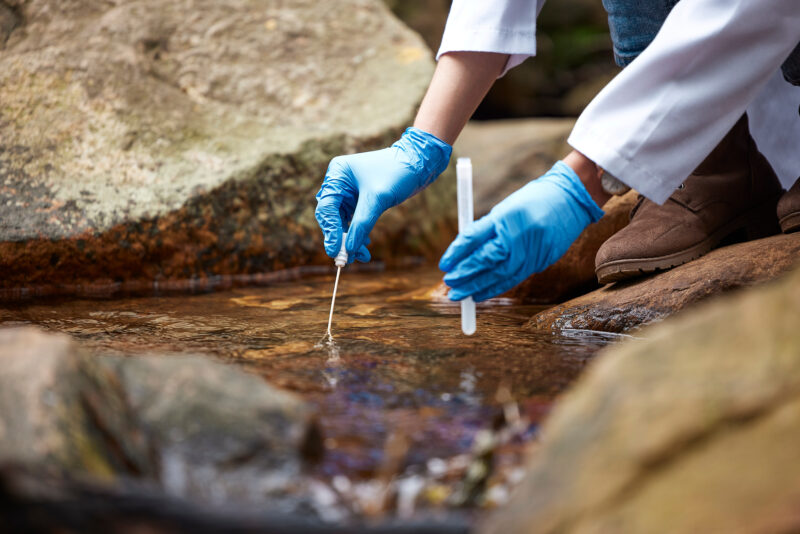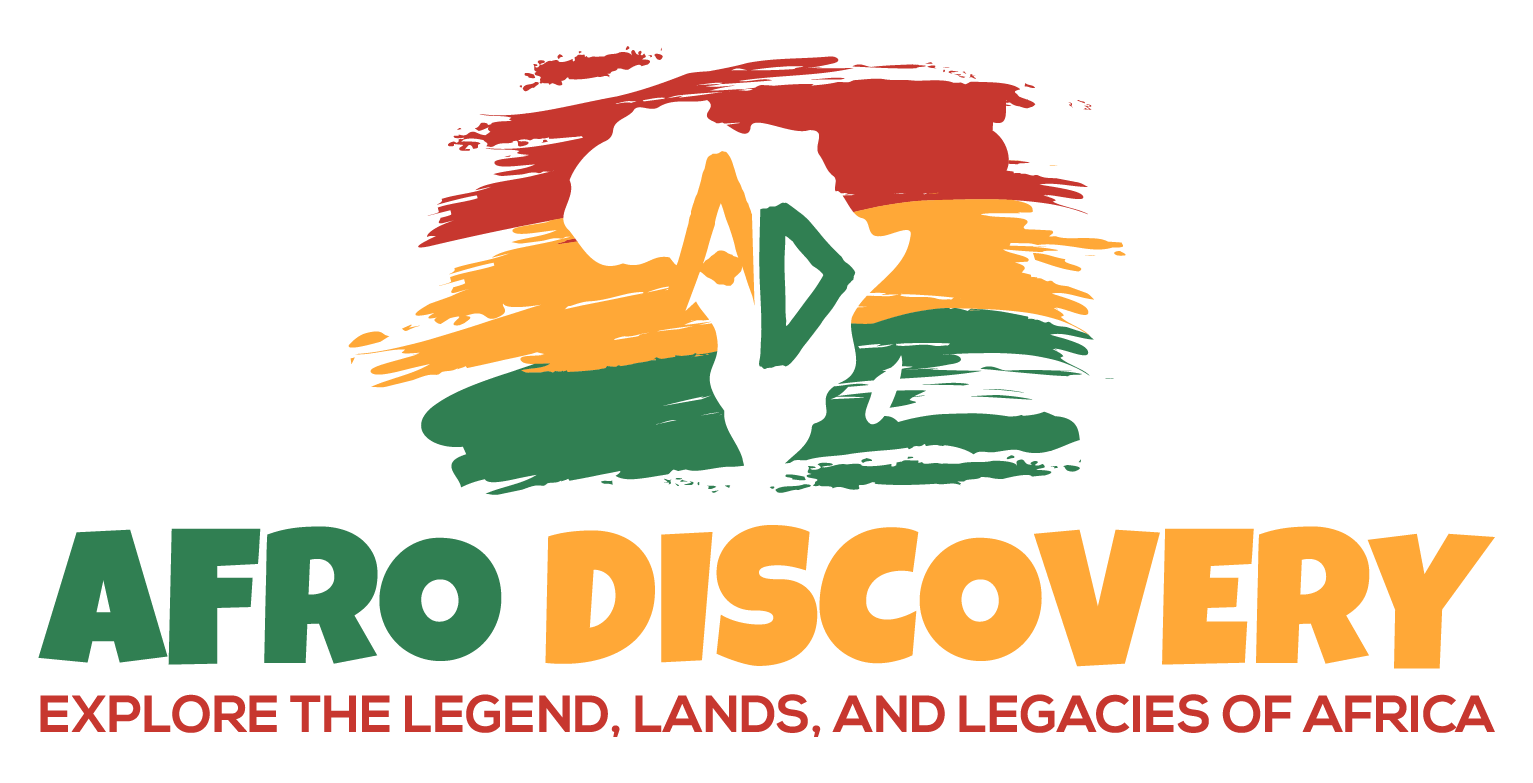Addressing Mercury Pollution and Deforestation in Africa
Welcome to the Afro Discovery “Mine Right” Environmental Initiative page. At Afro Discovery, our mission extends beyond exploring Africa’s legends, lands, and legacies. We are dedicated to addressing significant environmental challenges affecting the continent. Our initiative focuses on combating mercury pollution and deforestation in mineral-rich developing countries. These issues have severe implications for the environment and the health of local communities, and we are actively working to mitigate their impact.
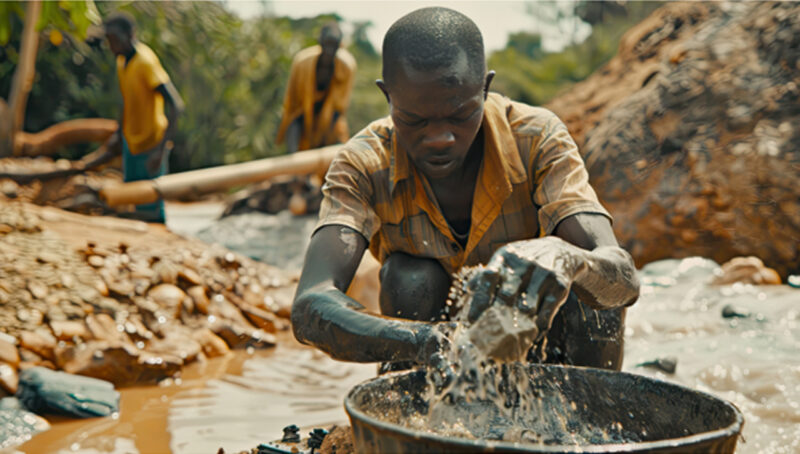
The Problem: Mercury Pollution and Deforestation
Mercury Pollution
Artisanal and small-scale mining (ASM) is a crucial source of income for many people in Africa. However, using mercury in gold extraction is a widespread practice that poses serious environmental and health risks. Mercury is a potent neurotoxin that can contaminate the air, water, and soil, leading to severe health problems for miners and nearby communities. It can also enter the food chain, affecting wildlife and ecosystems.
- Air Pollution: During the gold extraction process, mercury vapor is released into the atmosphere. This vapor can travel long distances, contaminating the air and posing health risks to communities far from the mining site. Prolonged exposure to mercury vapor can lead to respiratory problems and neurological disorders.
- Water Pollution: Mercury used in mining often ends up in rivers, lakes, and other water bodies. When mercury enters water systems, it can transform into methylmercury, a highly toxic form that bioaccumulates in fish and other aquatic organisms. This contamination not only affects aquatic life but also poses significant health risks to humans who consume contaminated fish and water.
- Soil Contamination: Mercury can bind to particles in the soil, remaining in the environment for years and rendering the land unproductive. Soil contamination affects agricultural activities, reducing crop yields and food insecurity. It also poses direct health risks to people who come into contact with contaminated soil.
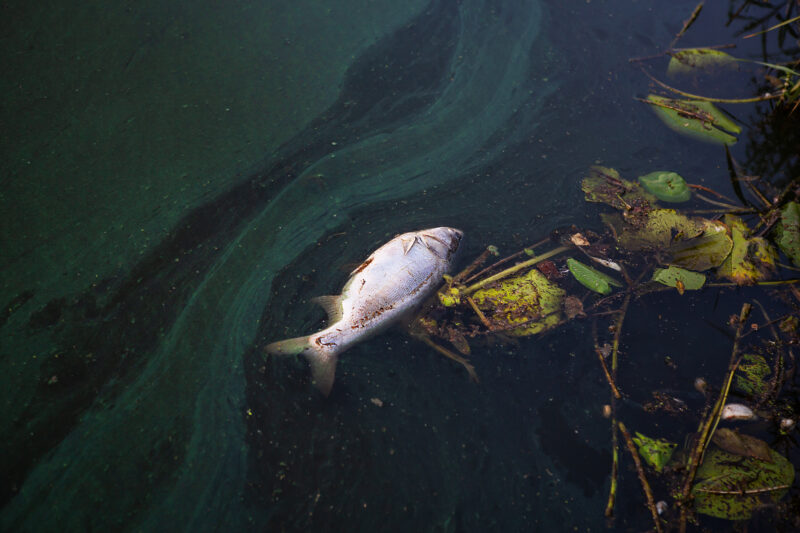
Deforestation
Deforestation is another significant issue in mineral-rich regions. Mining activities, illegal logging, and agricultural expansion lead to extensive forest loss. This deforestation results in:
- Biodiversity Loss: Forests are home to numerous species of plants and animals. Deforestation disrupts these habitats, leading to the displacement and extinction of many species. The loss of biodiversity undermines ecosystem stability and resilience.
- Climate Change: Trees play a crucial role in carbon sequestration, absorbing carbon dioxide from the atmosphere. When forests are cut down, this stored carbon is released, contributing to global warming and climate change. Deforestation also reduces the planet’s capacity to absorb future carbon emissions.
- Soil Erosion: Trees and vegetation help anchor the soil, preventing erosion. Without this natural protection, soil erosion becomes rampant, leading to the loss of fertile topsoil. This degradation impacts agriculture, water quality, and local communities’ ability to sustain themselves.
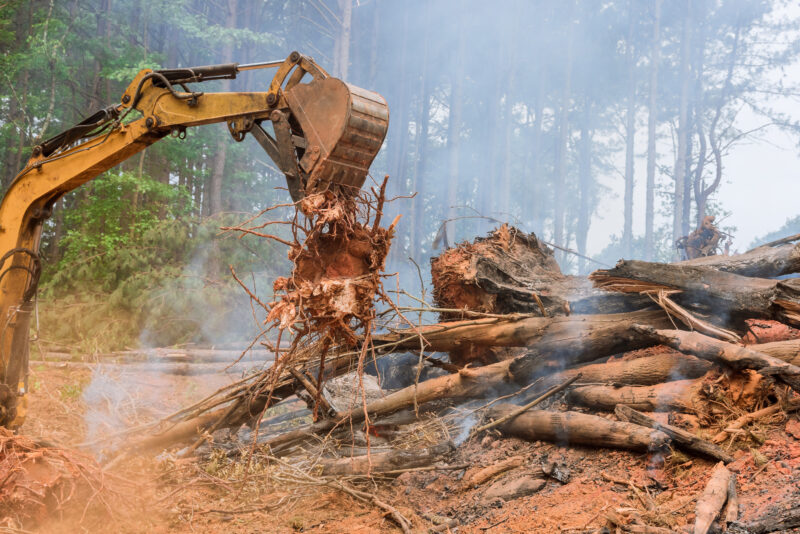
Our Actions: Education, Training, and Restoration
At Afro Discovery, we are taking a proactive approach to address these environmental challenges through education, training, and restoration efforts.
Educating Miners
We believe that education is the first step towards change. Our program aims to raise awareness among miners about the environmental and health dangers associated with mercury usage. We provide:
- Educational Workshops: We conduct workshops in mining communities to inform miners about the harmful effects of mercury on health and the environment. These workshops cover the basics of mercury toxicity, its pathways into the environment, and its impact on human health and ecosystems.
- Informational Materials: We distribute brochures, posters, and digital content to spread knowledge about mercury risks and the benefits of sustainable practices. These materials are designed to be easily understood and accessible to miners with varying literacy levels.
Training on Safer Alternatives
Education alone is not enough; practical solutions are also necessary. Afro Discovery provides training for miners on safer, environmentally friendly alternatives to mercury in gold extraction, such as:
- Gravity Separation: This method uses simple equipment like sluices, shaking tables, and centrifuges to separate gold from other materials based on density differences. Gravity separation is effective, cost-efficient, and eliminates the need for mercury.
- Cyanidation: This chemical process uses a cyanide solution to dissolve gold from ore. When used correctly and safely, cyanidation can be a less harmful alternative to mercury. Afro Discovery ensures that miners are trained in the safe handling and disposal of cyanide to prevent environmental contamination.
- Borax Method: This technique uses borax (sodium borate) as a flux to remove impurities from gold ore, allowing miners to extract gold without toxic chemicals. The borax method is simple, cost-effective, and environmentally friendly.
Combating Deforestation
To address deforestation, Afro Discovery is actively involved in:
- Topsoil Restoration: We work with local communities to rehabilitate degraded lands through soil conservation techniques and organic farming practices. This includes contour plowing, terracing, and cover crops to prevent soil erosion and improve soil fertility.
- Tree Planting Campaigns: We organize tree planting events to restore deforested areas, enhance biodiversity, and mitigate climate change. By planting native tree species, we ensure that the reforestation efforts are sustainable and beneficial to the local ecosystem. Our campaigns also involve community participation, fostering a sense of ownership and stewardship among local residents.
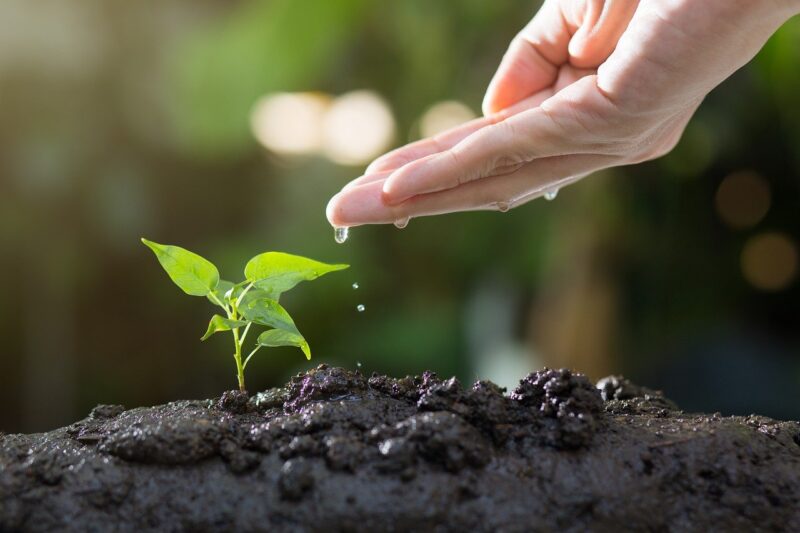
Join Us in Making a Difference
Afro Discovery invites stakeholders, including governments, NGOs, businesses, and individuals, to join our Environmental Initiative. Together, we can support the transition to sustainable mining practices, protect fragile ecosystems, and safeguard the health and well-being of communities across Africa and other developing countries. Contact us to learn more about our ongoing projects, partnerships, and sponsorship opportunities and how you can contribute to our conservation efforts.
For more information on how you can get involved, please visit our “Contact Us” page or email us at [email protected].
Together, let’s explore and preserve the legends, lands, and legacies of Africa while preserving its natural beauty for generations to come.
